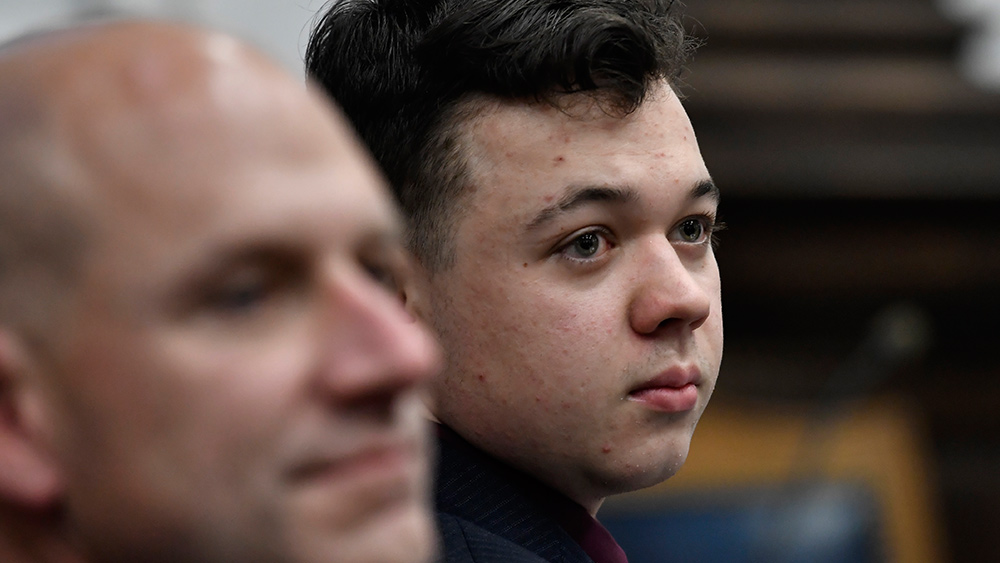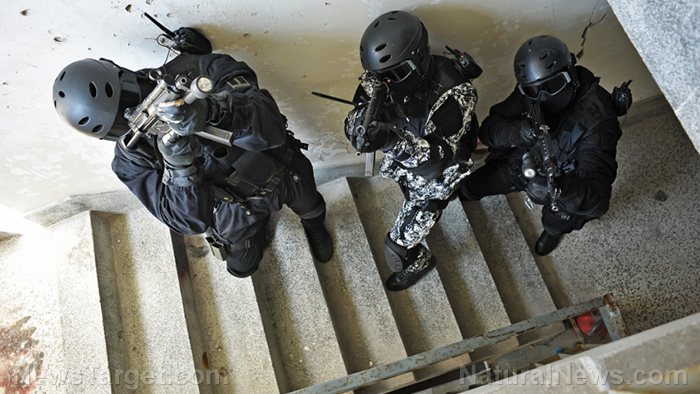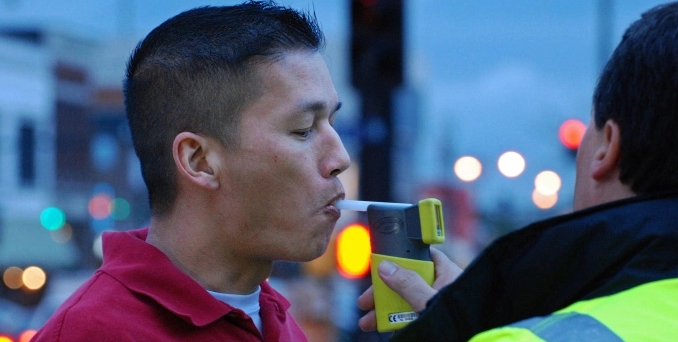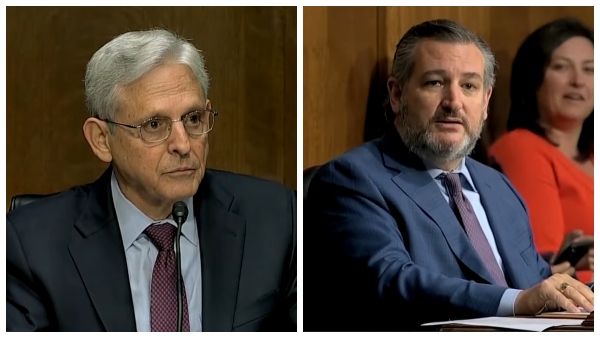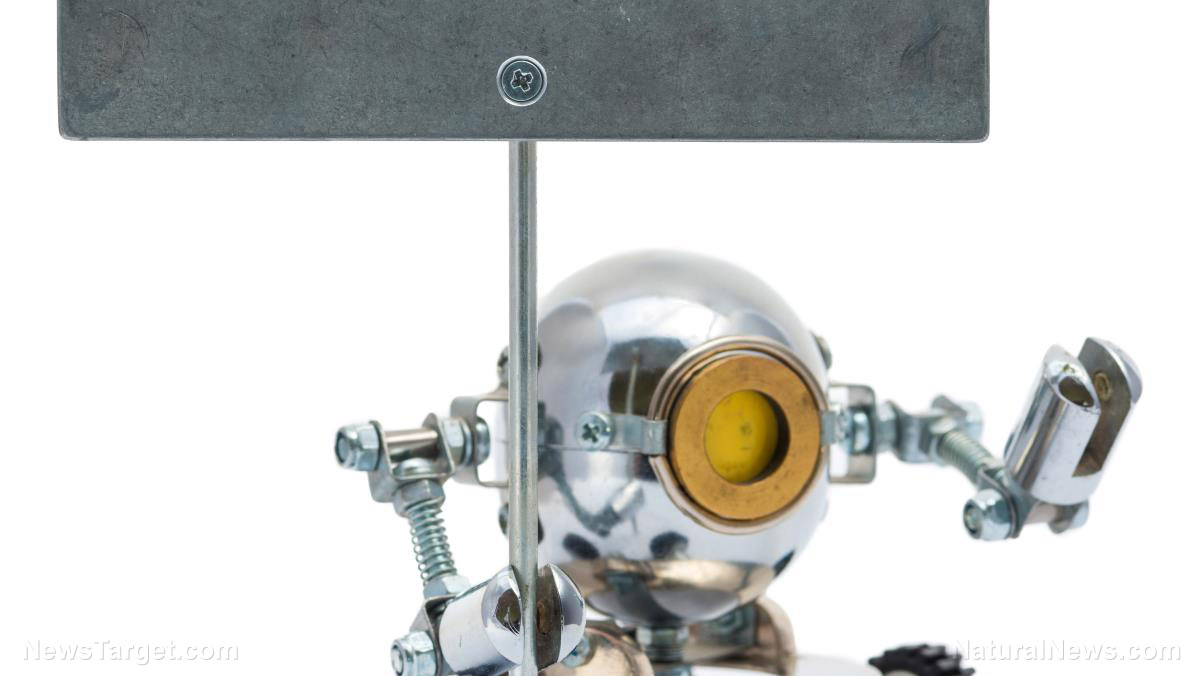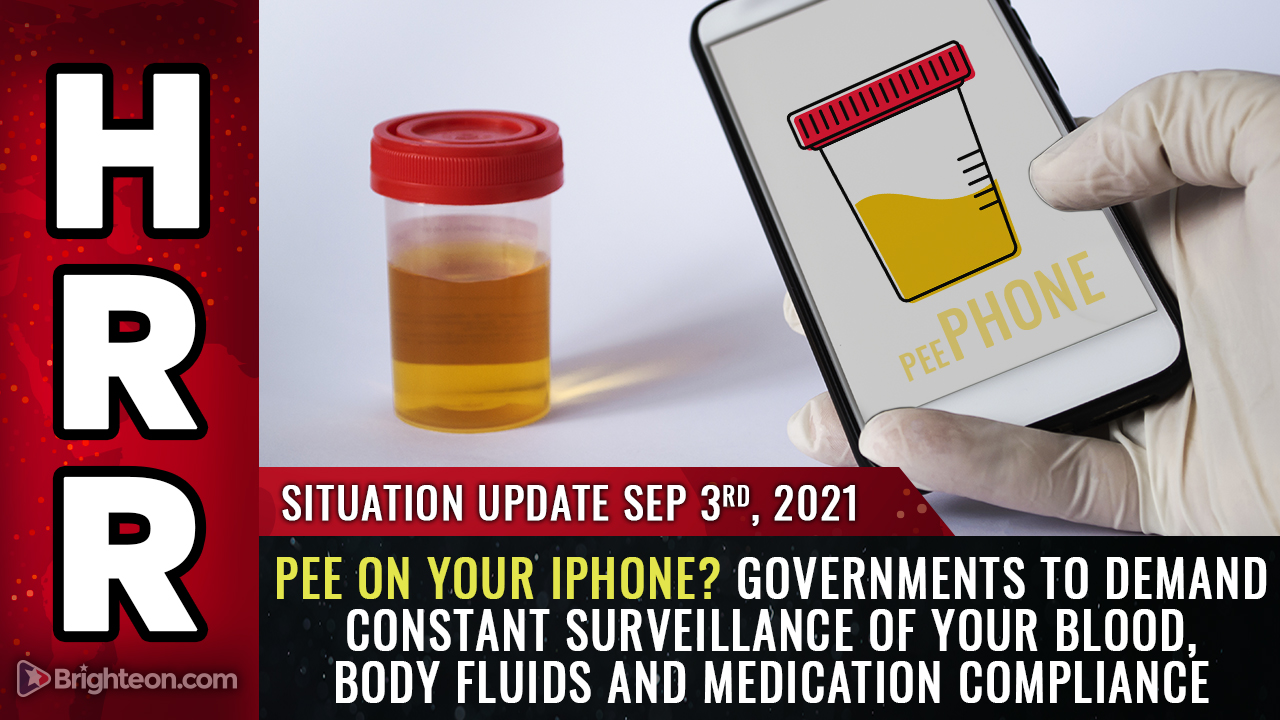Appeals court rules Baltimore Police Department’s aerial surveillance program unconstitutional
07/02/2021 / By Nolan Barton

A divided federal appeals court ruled on June 24 that an aerial surveillance program used as a crime-fighting tool by the Baltimore Police Department was unconstitutional.
In its ruling, the Fourth Circuit U.S. Court of Appeals said the police must stop using any data obtained through the now-defunct program. The appeals court said the use of a plane equipped with wide-angle high-tech cameras to monitor the city amounted to a warrantless search and violated the Fourth Amendment.
“The AIR [Aerial Investigation Research] program records the movements of a city. With analysis, it can reveal where individuals come and go over an extended period. Because the AIR program enables police to deduce from the whole of individuals’ movements, we hold that accessing its data is a search, and its warrantless operation violates the Fourth Amendment,” Chief Judge Roger Gregory wrote for the majority in the tight 8-7 ruling.
Ruling prohibits police from accessing data collected through the surveillance program
The city and the police department argued that the lawsuit was now moot as the program ended in February. The surveillance flights actually stopped in October last year, but the police continued to process the data generated by the surveillance plane. Some of the 950,000 images taken have already been entered as evidence in criminal cases.
The court’s ruling means the police department will be prohibited from accessing data collected through the program.
The American Civil Liberties Union (ACLU) and the ACLU of Maryland sued in federal court on behalf of a group of Black activist leaders in Baltimore, arguing that the program jeopardized the privacy rights of residents. A judge rejected a request for an injunction to temporarily block the program.
In November last year, a three-judge panel of the Fourth Circuit upheld the lower court ruling, finding that the program was carefully designed to “slow the recurrent increases in violent crime in Baltimore” and was “merely a tool used to track short-term movements in public, where the expectation of privacy is lessened.” The ACLU appealed that ruling to the full court, which reversed the panel’s ruling.
“The real crux of this case was the constitutional question: Is this allowable? Putting an entire city under permanent video surveillance during all the daylight hours and tracking the movement of the entire population of the city and storing that information to create a virtual time machine, and the court said no,” said David Rocah, a senior staff attorney for the ACLU of Maryland.
In a dissenting opinion, Judge J. Harvie Wilkinson III said the majority opinion failed to balance “recognition of both public needs and privacy concerns” under the Fourth Amendment. He cited the number of people murdered in Baltimore – 335 in 2020 and 348 in 2019.
“One would think from reading the majority’s opinion that all is well in Baltimore,” Wilkinson wrote. “These numbers make Baltimore one of the most dangerous cities in America. Yet somehow the majority sees over-surveillance as Baltimore’s big problem … and it ventures on a crusade to eradicate it.”
Surveillance plane tantamount to forcing Baltimore residents to wearing a tracking device
Cameras on the surveillance plane captured the movement of residents in large swaths of the city during daylight hours.
Investigators would then view the video to turn back the clock on crimes they learned about later. They used the video to investigate violent crimes including murders, non-fatal shootings, carjacking incidents and armed robberies. (Related: AI-enabled cameras said to predict crime before it happens… are “precrime” arrests next?)
“The residents of Baltimore were being treated as enemy combatants by their own police department,” Rocah said. “They said it was the equivalent of everyone in Baltimore being forced to wear a tracking device every time they walk out the door.”
The ACLU believes the court decision will deter other cities from considering this type of surveillance program. “It’s a victory for the people of Baltimore. It’s a victory, frankly, for anyone in the entire country who cares about maintaining a zone of privacy in the face of ever more powerful government tracking devices,” Rocah said.
Supporters of the program argued that the images depicted people as dots that couldn’t be identified. But the court disagreed.
“The court rejects that characterization because that data, combined with other technologies, which when all put together, clearly identifies people and their movement,” said Michelle Gilman, a University of Baltimore law professor.
In a statement sent to 11 News, Baltimore City Solicitor Jim Shea said: “Although Baltimore is not, and has not been for many months, operating any form of aerial surveillance, we were disappointed to learn of the Fourth Circuit’s closely divided opinion and will be evaluating our options.”
Follow PrivacyWatch.news for more news and information related to government surveillance programs.
Sources include:
Tagged Under: ACLU, Aerial Investigation Research, aerial surveillance, appeals court, Court of Appeals, criminal cases, Fourth Amendment, privacy, surveillance plane, surveillance planes, surveillance program, tracking devices, unconstitutional, video surveillance, virtual time machine, warrantless search
RECENT NEWS & ARTICLES
COPYRIGHT © 2018 PRECRIMES.NEWS
All content posted on this site is protected under Free Speech. Precrimes.news is not responsible for content written by contributing authors. The information on this site is provided for educational and entertainment purposes only. It is not intended as a substitute for professional advice of any kind. Precrimes.news assumes no responsibility for the use or misuse of this material. All trademarks, registered trademarks and service marks mentioned on this site are the property of their respective owners.

